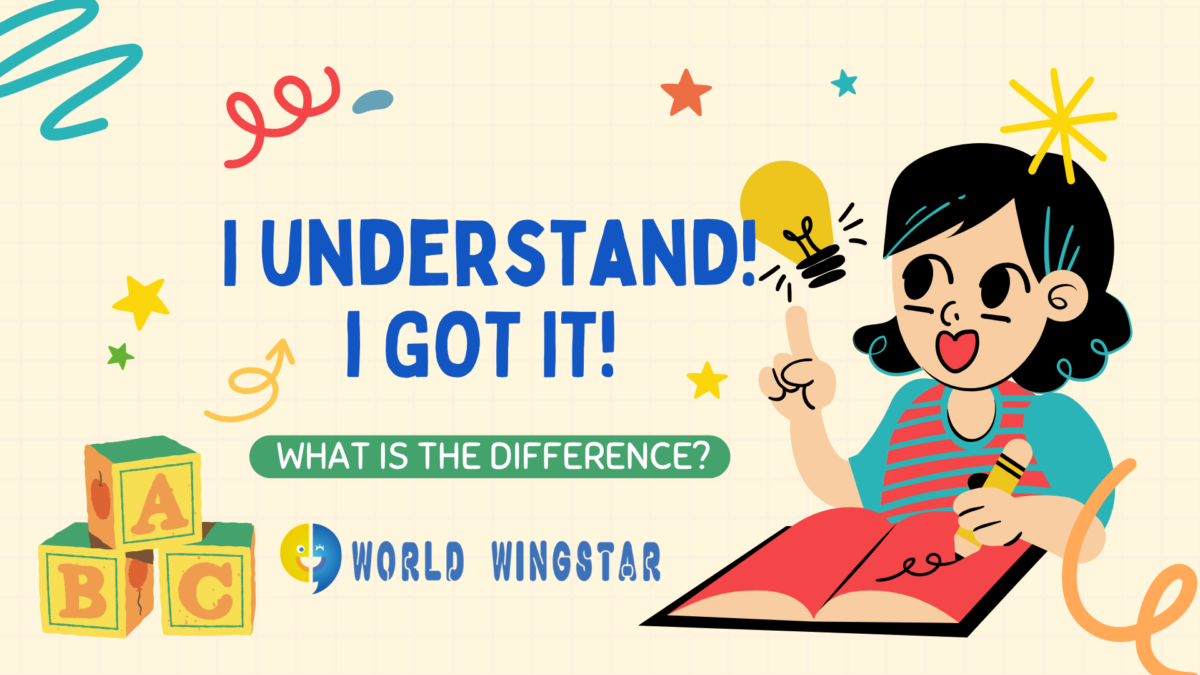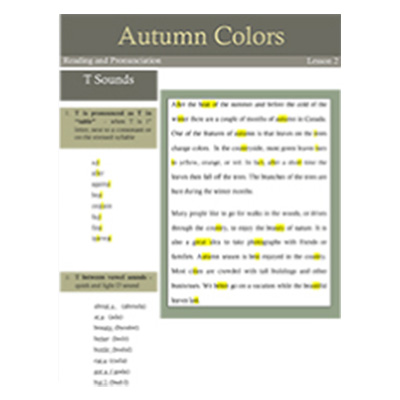- ワンポイントレッスン
One Point Lesson #102017.02.11
Grammar
Double Comparatives / Superlatives
We basically add –er or -est to a word when comparing things, people, events, actions, or ideas. We call these words as Comparatives and Superlatives.
Remember;
*We use comparatives in comparing 2 subjects and we normally have the–er ending to such word.
*We use superlatives in comparing 3 or more subjects and we normally have the –est ending to such word.
Examples
large – larger / largest
big – bigger / biggest
bloody – bloodier / bloodiest
bold – bolder / boldest
brave – braver / bravest
bright – brighter / brightest
slim – slimmer / slimmest
calm – calmer / calmest
sweet – sweeter / sweetest
As an ESL teacher, it is quite common to hear students say “ more stronger” or “most fastest” when comparing things or people.
Please take note that it is not correct to use the comparative form of words (–er) and the word “more”. Likewise, it is wrong to use “most” and superlative form of words (–est).
Please check the sentences below:
Wrong: He is more stronger than his brother.
Correct: He is stronger than his brother.
Wrong: He is the most fasters runner in his class.
Correct: He is the fastest runner in his class.
So how can we avoid these mistakes? Simply memorize the words that require “more” and “most” and the words that just end with –er and –est.
Examples:
aggressive – more aggressive / most aggressive
beautiful – more beautiful / most beautiful
clever – more clever / most clever
difficult – more difficult / most difficult
expensive – more expensive / most expensive
famous – more famous / most famous
intelligent – more intelligent / most intelligent
interesting – more interesting / most interesting
modern – more modern / most modern
perfect – more perfect / most perfect
polite – more polite / most polite
popular – more polite / most polite
tired – more tired / most tired
Do you like to learn more about this? Enroll now and try our SPECIALIZED COURSE for GRAMMAR! Visit us at https://world-wingstar.jp








